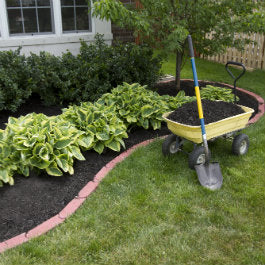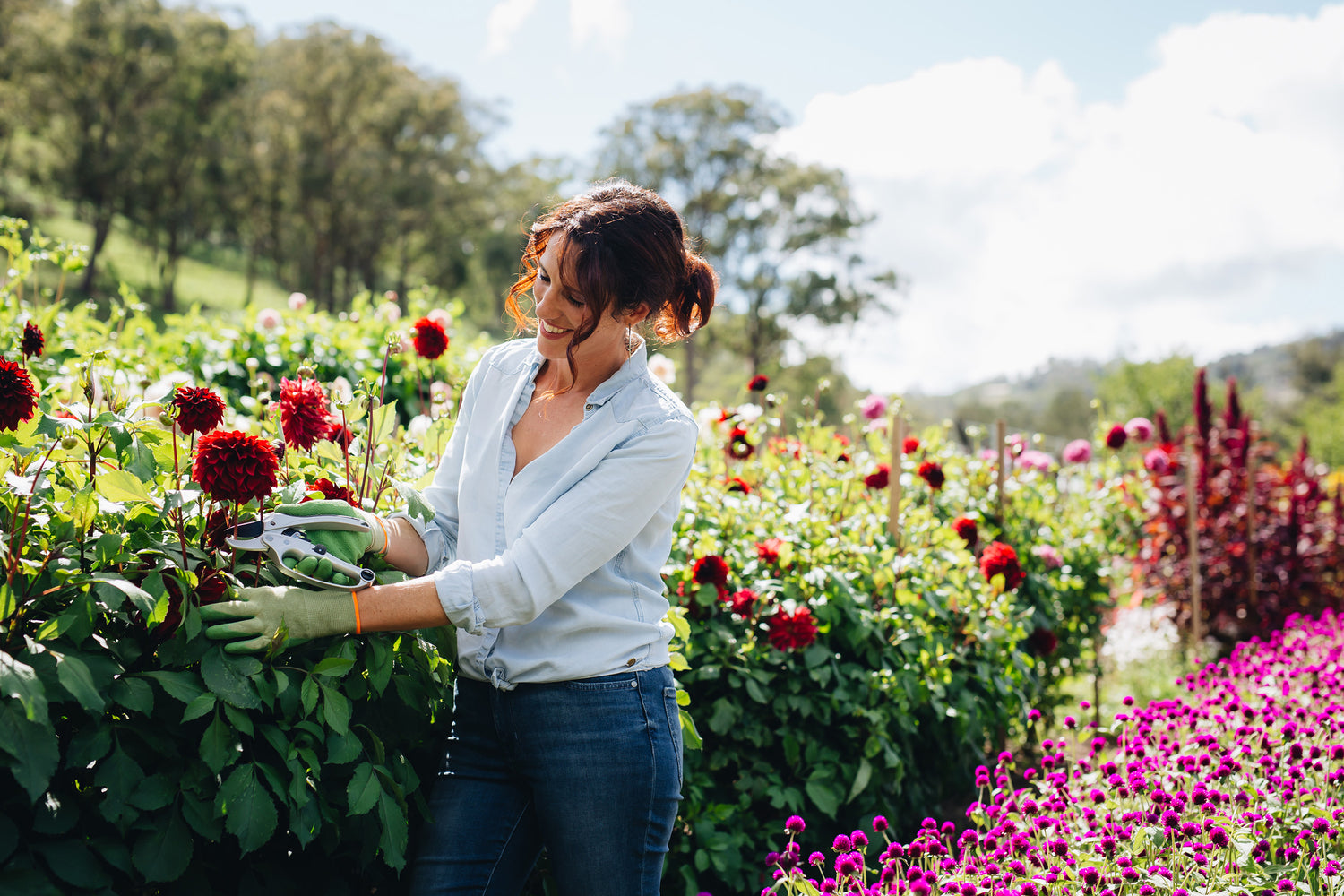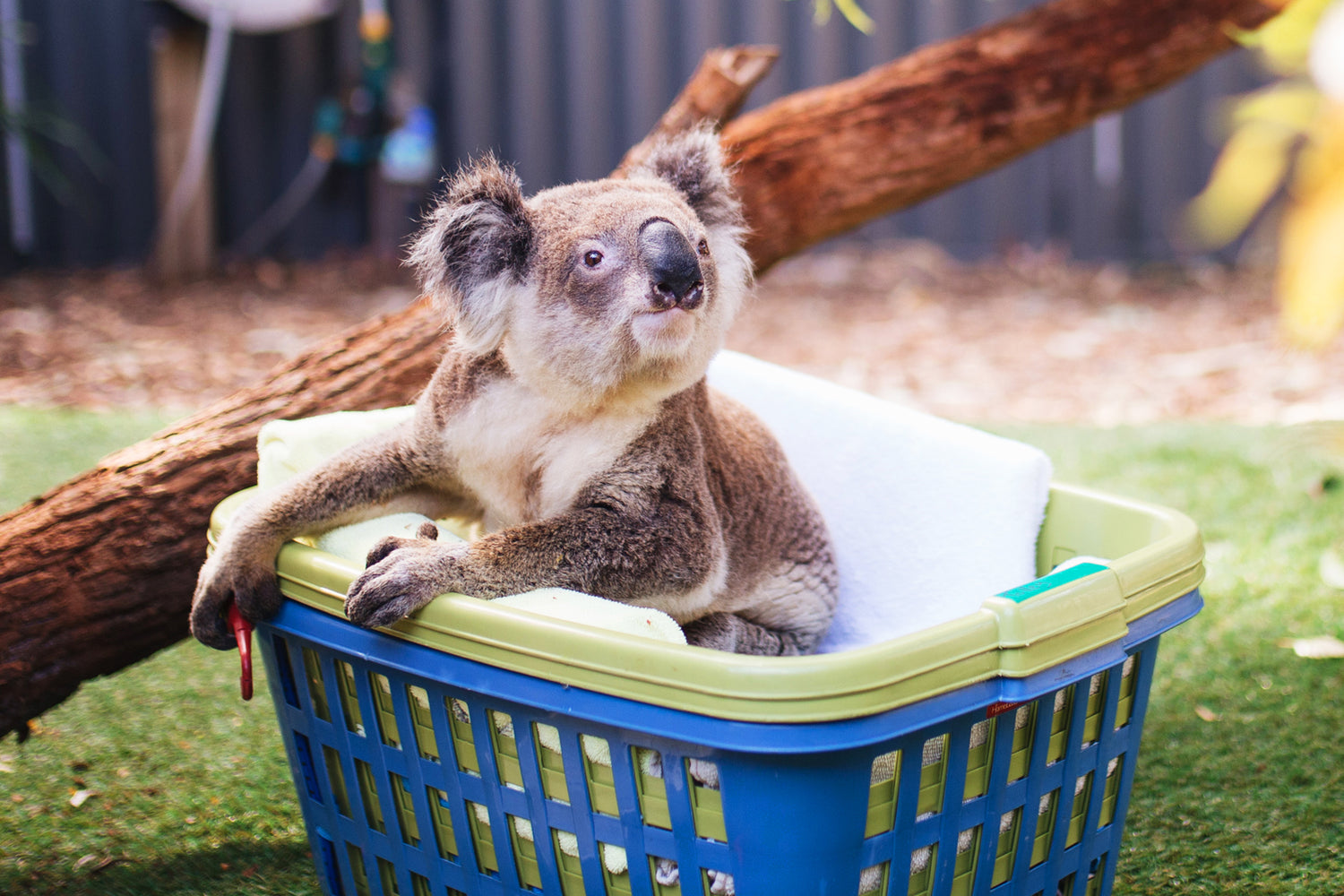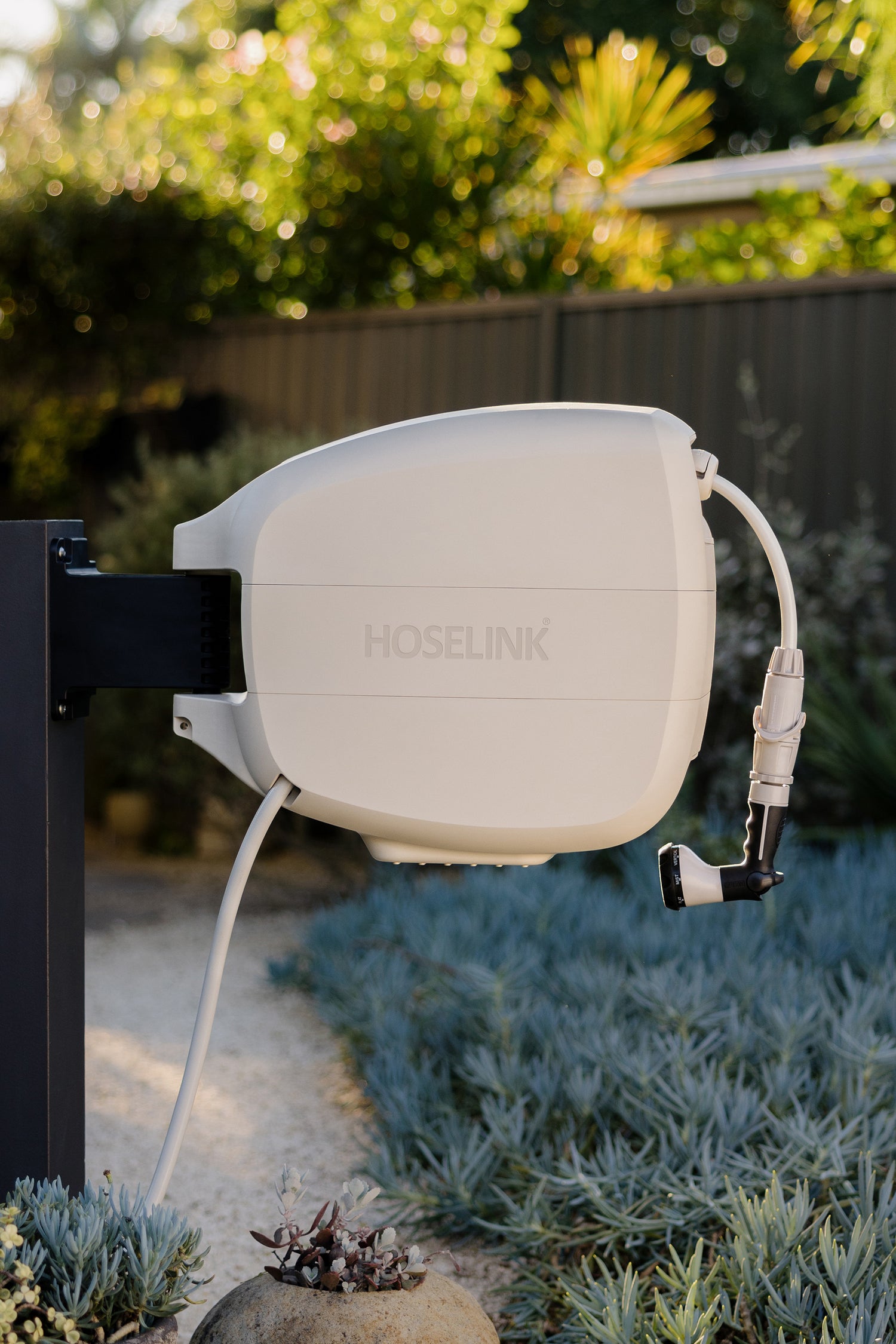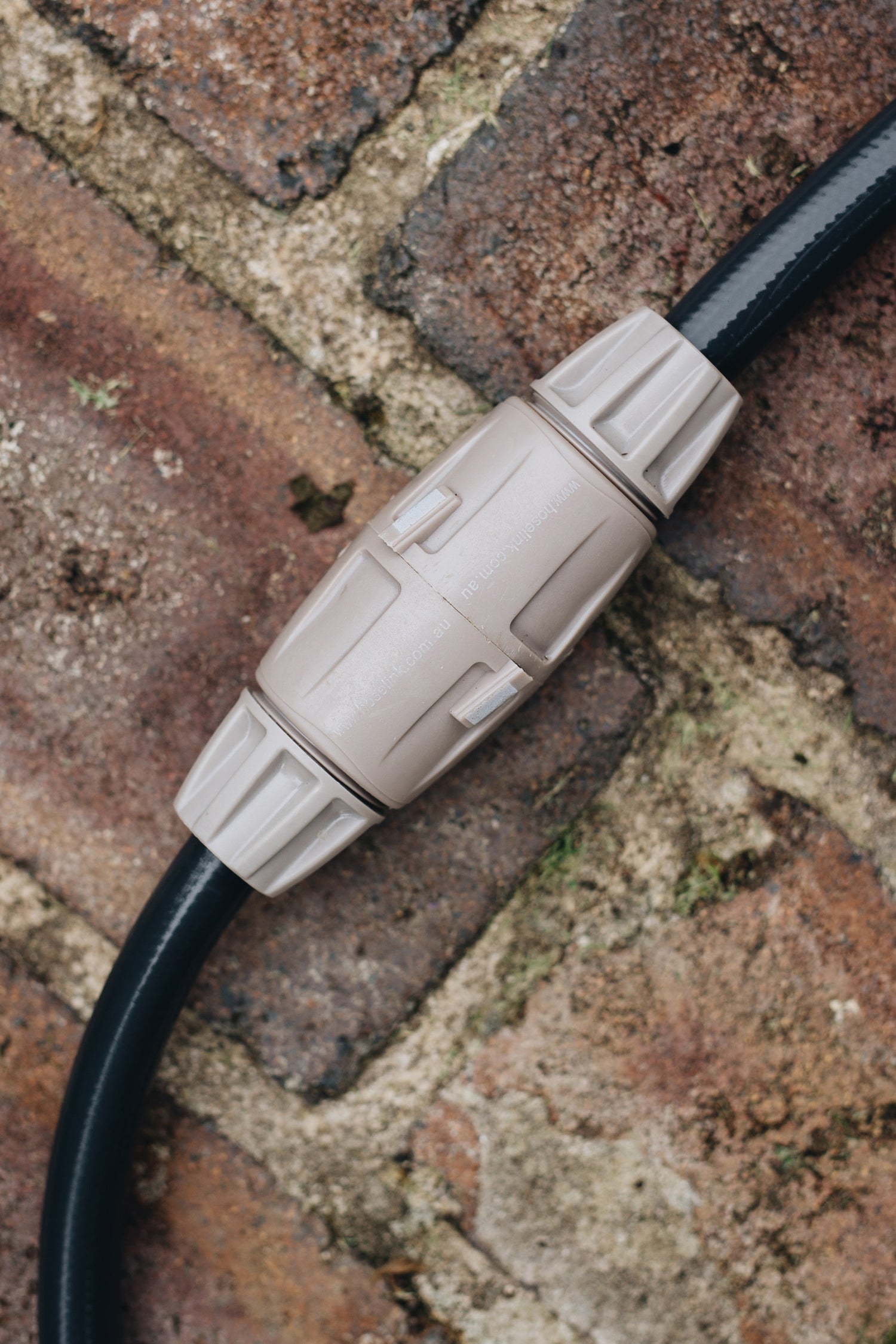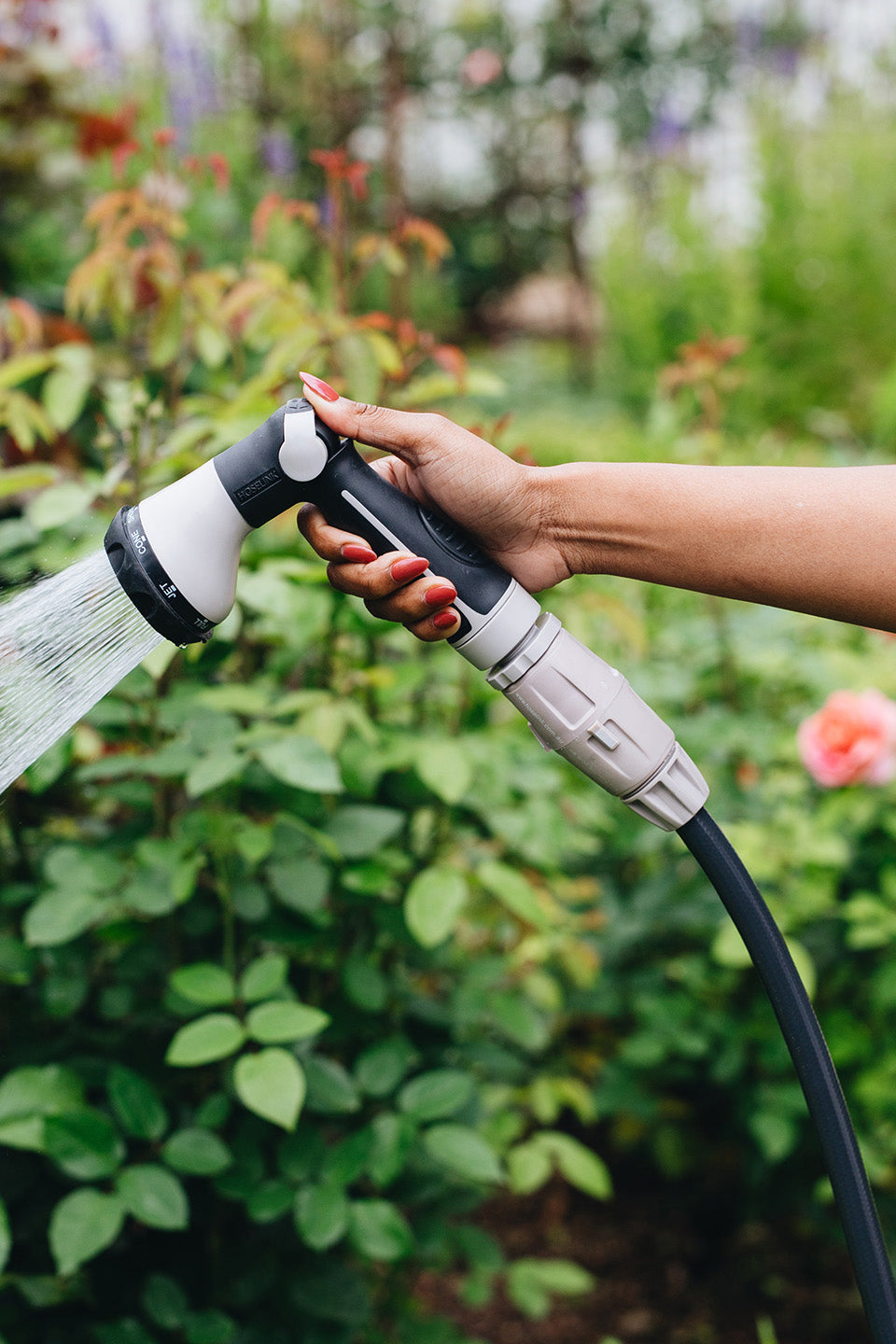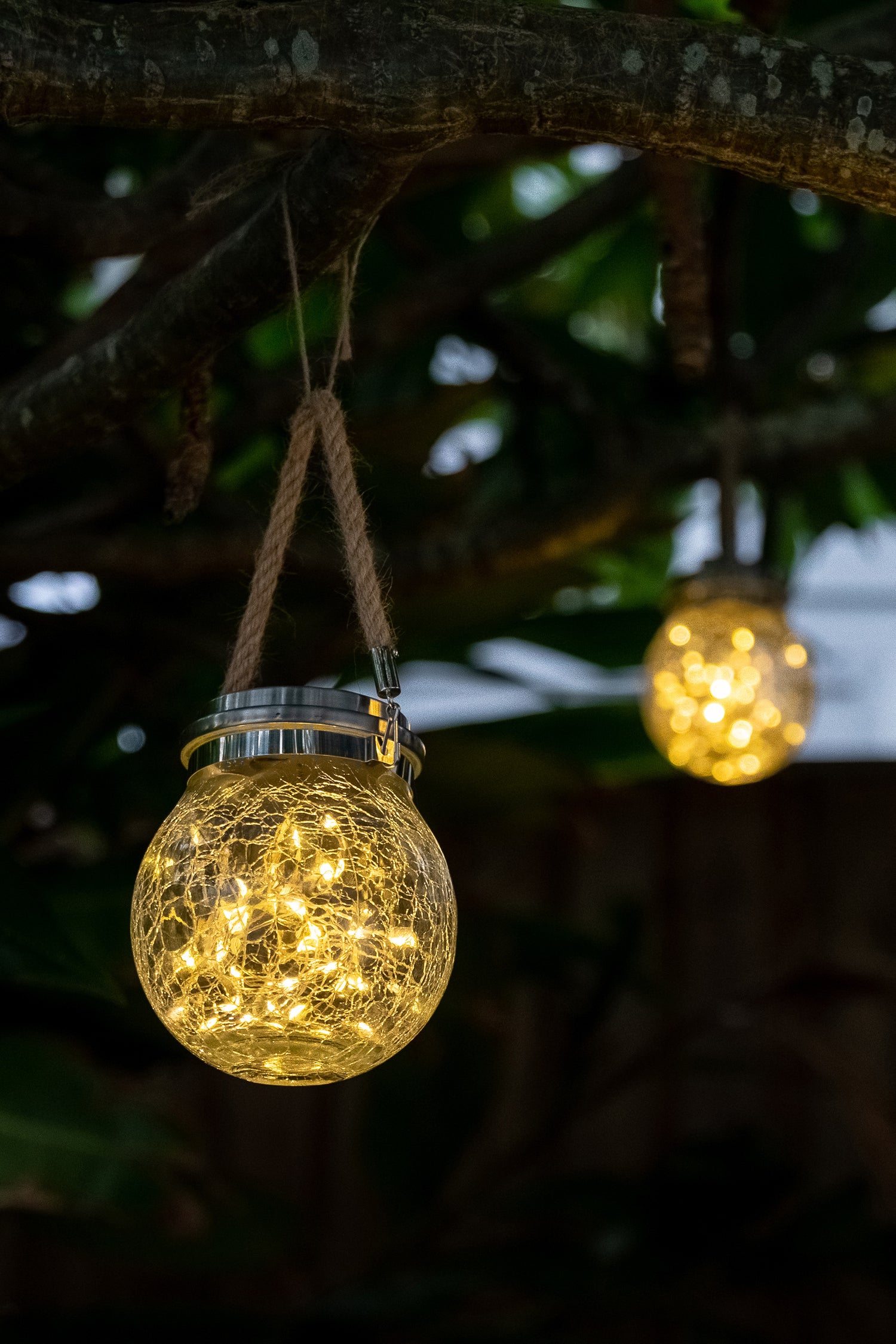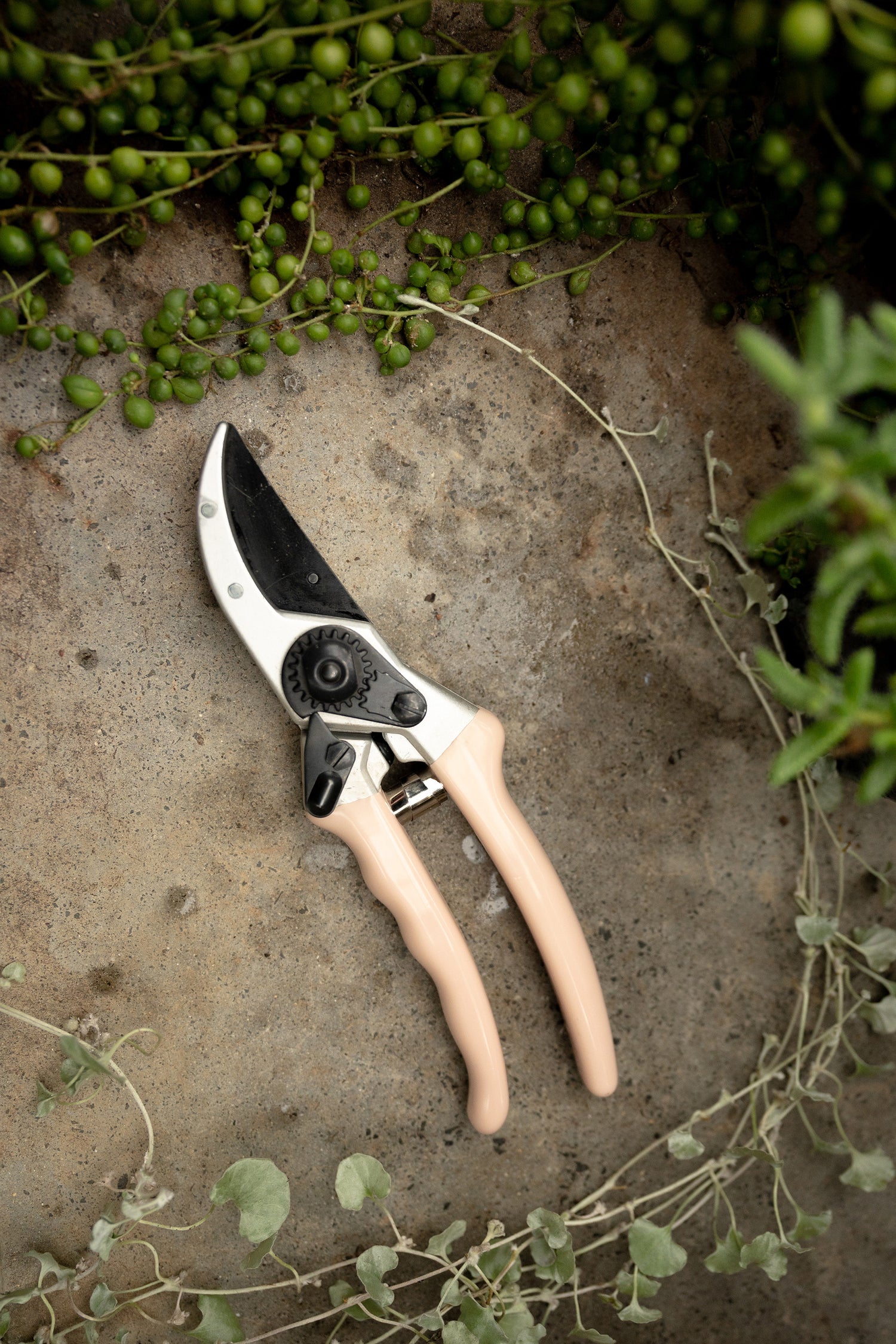
To mulch or not to mulch? That is the question on most gardeners’ lips at this time of year when temperatures begin to dip. It’s a fun word to say, but what on earth does it mean?! Well, quite simply, mulch is bit of horticultural jargon translating to a protective layer of material that is spread on top of the soil. The idea of this usually organic layer is to prevent sunlight from reaching the soil, helping to supress weeds, provide insulation, retain moisture and improve the overall quality of the soil. Mulching is cheap, saves time and is eco-friendly, resulting in a wealth of benefits to your outdoor space as well as being aesthetically pleasing.
To help you learn more about mulch, where to use it and how to make it, we’ve put together a handy guide to break down the barriers of this essential gardening task.
What is mulch?
Mulch can pretty much be anything you want it to be, from old newspapers and carpet to nut husks, compost and straw. The whole idea is it needs to provide some sort of protective barrier to the soil, so there are a wide range of options.
When should I mulch?

Traditionally mulching is done twice per year; in autumn and spring, though some gardeners choose to mulch in summer to help retain moisture in particularly dry seasons, as well as in winter to protect beds from frost. However, caution should be taken if you're doing this, especially in the cooler months, as mulching can trap in the cold which will delay the growth of new plants. Mulching ahead of the seasons that need it most (summer and winter) will ensure your garden is well prepared.
Before you start mulching, get beds and borders ready by digging out any weeds. You should ideally wait until after a good rain shower to mulch, or water the soil yourself. Mulching should only be done on top of warm, moist soil.
Where can I get it?
From your own backyard – literally! There are two types of mulch: organic, which will decompose over time to add nutrients to and improve the quality of the soil, and inorganic, which is a more permanent type of mulch that will not improve your soil and can be more difficult to plant in. Materials for organic mulch can be found all around you, from dried up grass clippings and plant prunings to compost from your own home-grown pile, whilst there are a range of inorganic materials available to buy from a garden centre or nursery. Some of the best materials to use are:
• Cardboard
• Newspaper
• Straw
• Gravel
• Mushroom compost
• Bark
• Fallen leaves
• Lawn clippings
• Black plastic
• Grain hulls
• Landscape fabric
Where should I use it?

Beds and borders are the ideal location for mulch, though avoid piling it up against any plant stems, instead work it round them evenly. Lay mulch over moist, weed-free soil in a dense layer around 2-3 inches thick – coarse mulch works best. If mulching around trees, mulch to the radius of the canopy, avoiding direct contact with the trunk or stem – that goes for all other plants too; a one-inch gap should be sufficient. When watering your plants, bear in mind more water will be required to seep through the mulch, however the mulch will help to retain moisture, so you won’t need to water your plants as often.
Is it worth the effort?

Yes! Mulching achieves three main things: it conditions the soil, suppresses weeds and helps to retain moisture. The benefit? Combining these things will ultimately make a huge difference to your yard as it means little to no watering or weeding whilst simultaneously creating a healthy, improved soil that will encourage a successful crop of plants. Mulch can also help to protect plant roots from extreme temperatures and frost, helping your garden to survive through winter. Just remember, a little time spent in the beginning will result in a lot of time saved in the end!

